In-Situ Rapid Swelling Screen System Machine For Silicon-Based Anode
1. The significance of measuring the expansion behavior of silicon-based anode
Due to its unique advantages such as high specific capacity (4200mAh/g) and rich resources, silicon (Si) anode is expected to replace the graphite anode and become the main anode material for the next generation of lithium-ion batteries(LIBs). However, the rapid capacity degradation of silicon materials during the cycling process seriously hinderedits practical applications., This is due to the large volume expansion of silicon anode of more than three times during the intercalation process of lithium-ions, which will destroy the original solid electrolyte interphase (SEI) formed on the surface of the silicon anodes. During the cycling of the LIBs, the SEI will be destroyed and regenerated continually, which consumes a large amount of electrolyte and results in a rapid degradation of the capacity.Therefore, it is urgent to solve the problems caused by the volume expansion of silicon anode.
At present, researchers often use composite technology (e.g, "buffer skeleton") to compensate the volume expansion of silicon materials. The common composite routes include silicon-carbon composites, silicon-polymer composites, silicon-based alloy composites, and so on. Silicon-carbon composites are relatively easy and these two elements can also be tightly combined.Because it combines the high stability and conductivity of carbon materials, with the high specific capacity of silic on materials, the silicon-carbon anodes can not only effectively suppresses the volume expansion within a controllable range, but also increase the energy density and cycle life of the LIBs. Thus, it is regard as the most promising silicon-based anode for industrialization, and has received a lot of attentions.
It is worth noting that although the composite technology can alleviate the volume expansion of silicon-based anode, it still cannot fundamentally solve the expansion problem. With the increase of silicon content in silicon-based anode, the volume expansion also becomes more significant. Therefore, iit has great significance for the research and manufacturing of silicon-based anodes if the volume expansion behavior of silicon-based anodes can be rapidly evaluated during the charging and discharging.
2. Traditional test methods
|
Traditional method
|
Disadvantage
|
|
Electron microscopy observation
|
Ex-situ test, high equipment requirements,
small observation range, human / material consumption
|
|
Micrometer/PPG measurement
|
tEx-situest, large human error, poor repeatability, and small measurement range
|
|
Traditional fixtures
|
Fixed bolt is easy to loosen and deform, resulting in large measurement error and poor repeatability
|
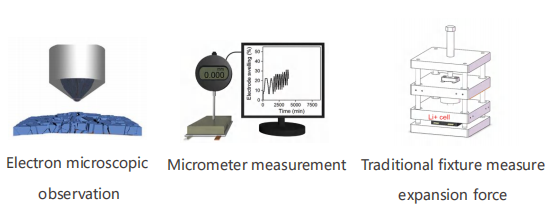
3. Introduction of in-situ rapid swelling screening for silicon-based anode

Product Features
1. In-situ characterization of the expansion thickness change of the silicon based system
2. Four-channel for testing multiple cells simultaneously
3. Suitable for cells with various structures: model coin cell, stacked cell and pouch cell, etc.
4. Visual operation interface, one-click to export the data
Software Interface
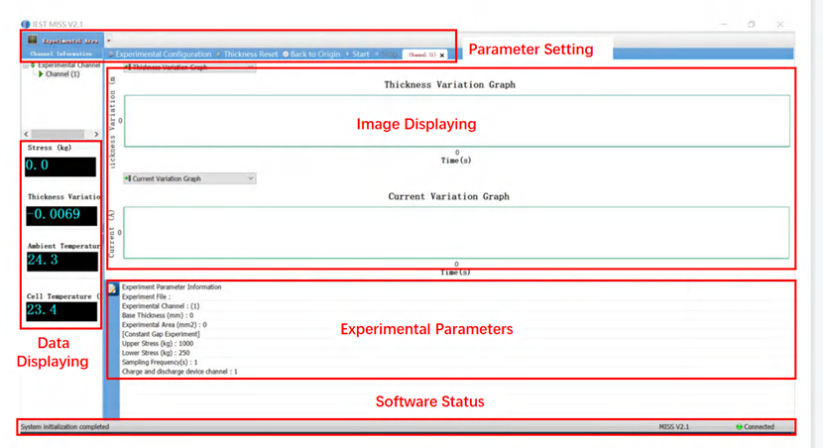
4. Application
1. In-situ expansion test of model coin cell:
Cell parameters:Coin Full coin cell(NCM811 / SiC), with the capacity of about 3 mAh
Experimental parameters :Three parallel samples, charing and discharging for three cycles, and synchronously record the expansion thickness of these three full coin cells.
Experimental result:
 \
\
The full coin cellexpands / shrinks with the charge / discharge process, and the turning point of the voltage curve in the three cycles is highly consistent with the turning point of the thickness expansion curve, indicating that the expansion thickness curve can effectively reflect the volume change of the electrodes caused by the intercalation / deintercalation of lithium-ions. was only 0.6%, indicating the good cycle consistency of the model coin cell.
Note: COV (Coefficient of Variation) = (standard deviation, sigma) / (mean )
2.In-situ expansion test of multi-layer laminated cells:
Cell parameters:Multi-layer stacked cell (NCM811 / SiC), with a capacity of about 400 mAh;
Experimental parameters:Three parallel samples, synchronously test the thickness expansion ratioat a constant pressure of 0.1MPa
Experimental result:

The multilayer stacked cell expands / contracts with the charge / discharge process, and tthe thickness expansion curves of three parallel samples maintain good repeatability for both two cycles.. The maximum expansion ratio is about 12.5%, and the expansion thickness COV of three parallel samples is 1.4%, indicating a good agreement between the parallel samples.
3. In-situ expansion test of the pouch cell:
Cell parameters:Multi-layer pouch cell with winding structure (NCM811 / SiC), capacity of about 400 mAh;
Experimental parameters: synchronously test thickness expansion ratio at a constant pressure of 0.1MPa.
Experimental result:
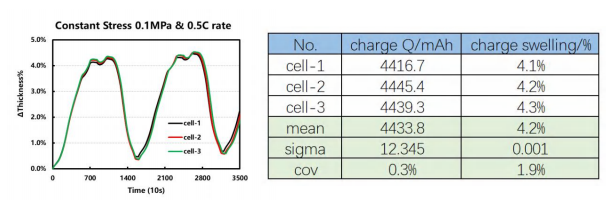
The multilayer pouch cellexpands/contracts with the charging/discharging process, and the thickness expansion curves of three parallel samples maintain good repeatability for both two cycles. When the pouch cell is fully charged, the corresponding maximum expansion ratio is about 4.3%, and the expansion thickness COV between the three groups of batteries is 1.9%, indicating that the consistency among these three parallel samples.
5. Specifications
Different model parameters of the RSS series
|
Model
|
RSS1100
|
RSS1200
|
RSS1300
|
TSS1400
|
|
Number of channels
|
4
|
|
Pressure control mode
|
By weight
|
By servo motor
|
|
Pressure range
|
0.5kg/1kg/5kg
(customized according to customer need)
|
1-100kg
|
|
Pressure resolution/accuracy
|
±0.01kg
|
0.1kg/±0.3%F.S.
|
|
Thickness range
|
±5mm
|
|
Thickness detection resolution/precision
|
0.1um/±1um
|
0.1um/±0.1um
|
0.1um/±1um
|
0.1um/±0.1um
|
|
Systematic error
|
≤3%
|
|
Max. size of cell
|
60*94*4mm(customized according to specific needs)
|
Installation requirements
|
Model
|
RSS1100
|
RSS1200
|
RSS1300
|
TSS1400
|
|
Power supply
|
220-240V/50-60Hz
|
|
Voltage chage tolerance
|
±10%
|
|
Power consumption
|
20W
|
400W
|
|
Ambient temperature
|
25±5C
|
|
Ambient humidity
|
80%RH(no moisture condensation)
|

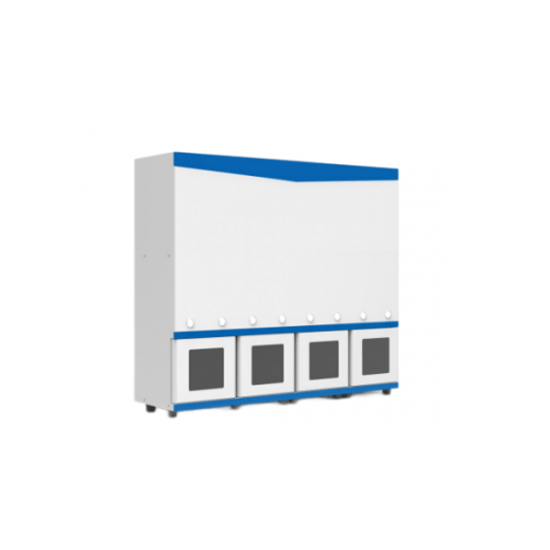
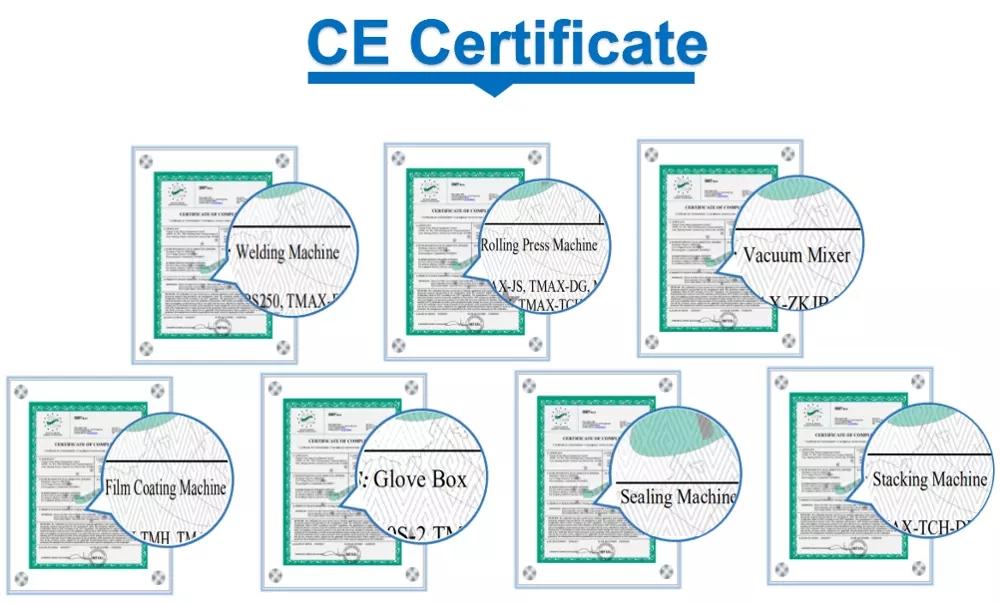

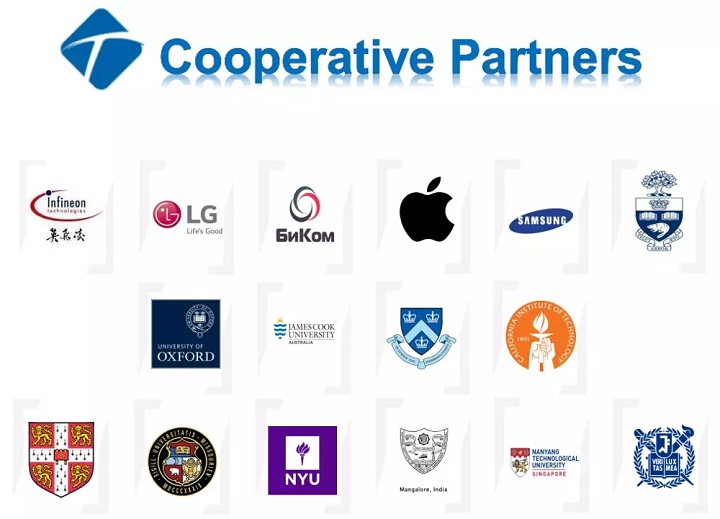

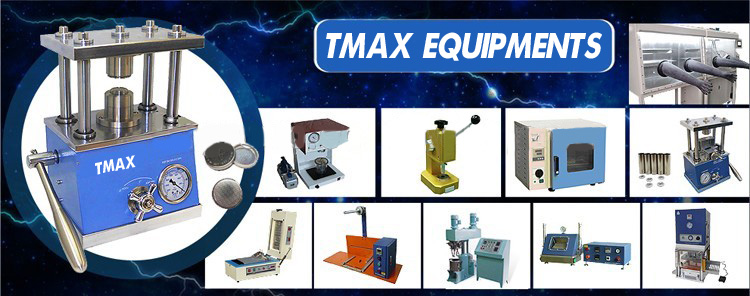


 en
en fr
fr de
de ru
ru es
es pt
pt ko
ko tr
tr pl
pl th
th

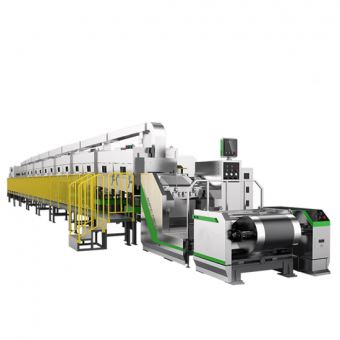
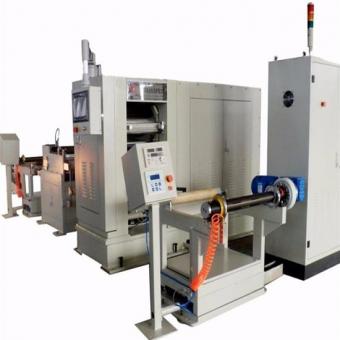
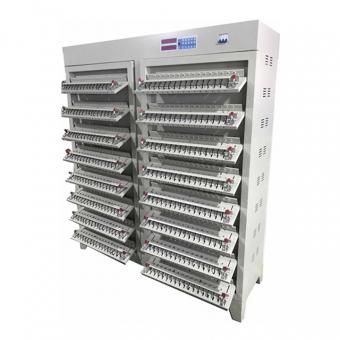
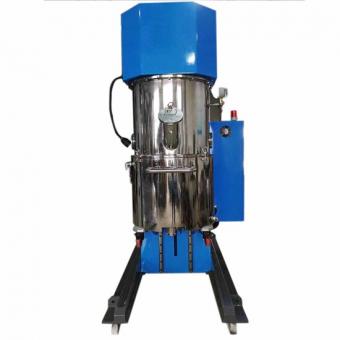





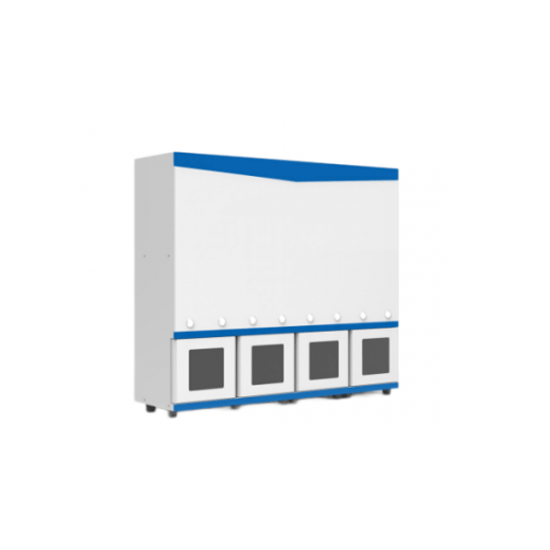



 \
\










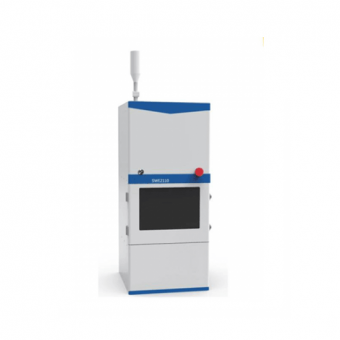
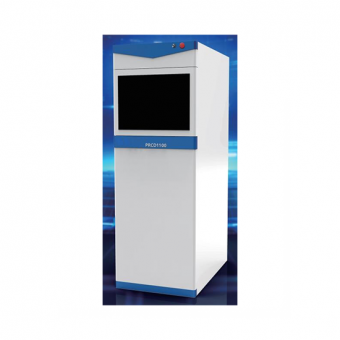
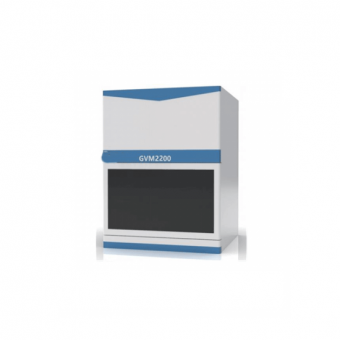
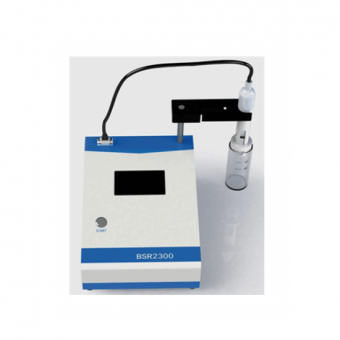
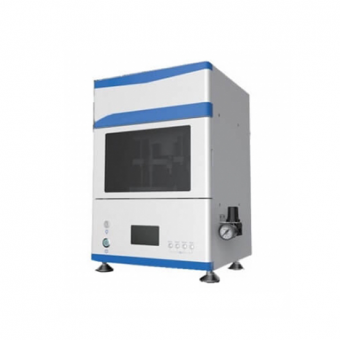
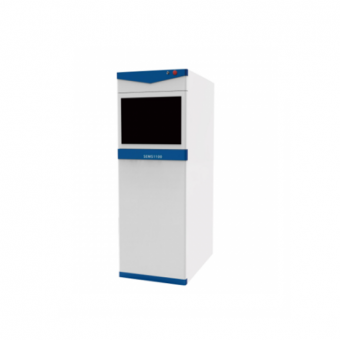
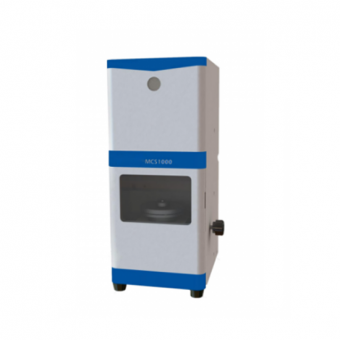
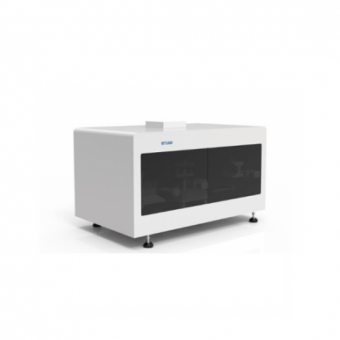






 IPv6 network supported
IPv6 network supported